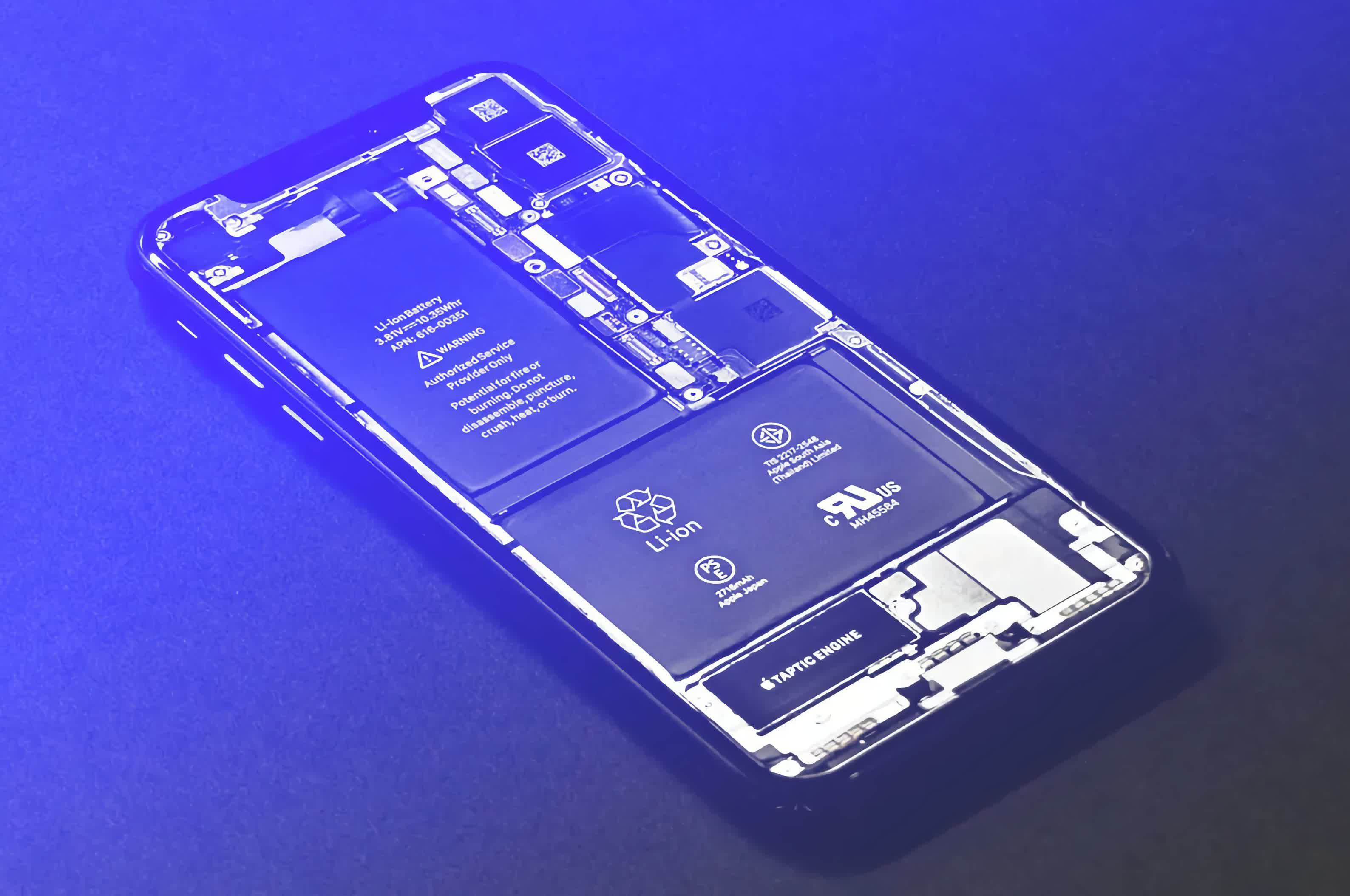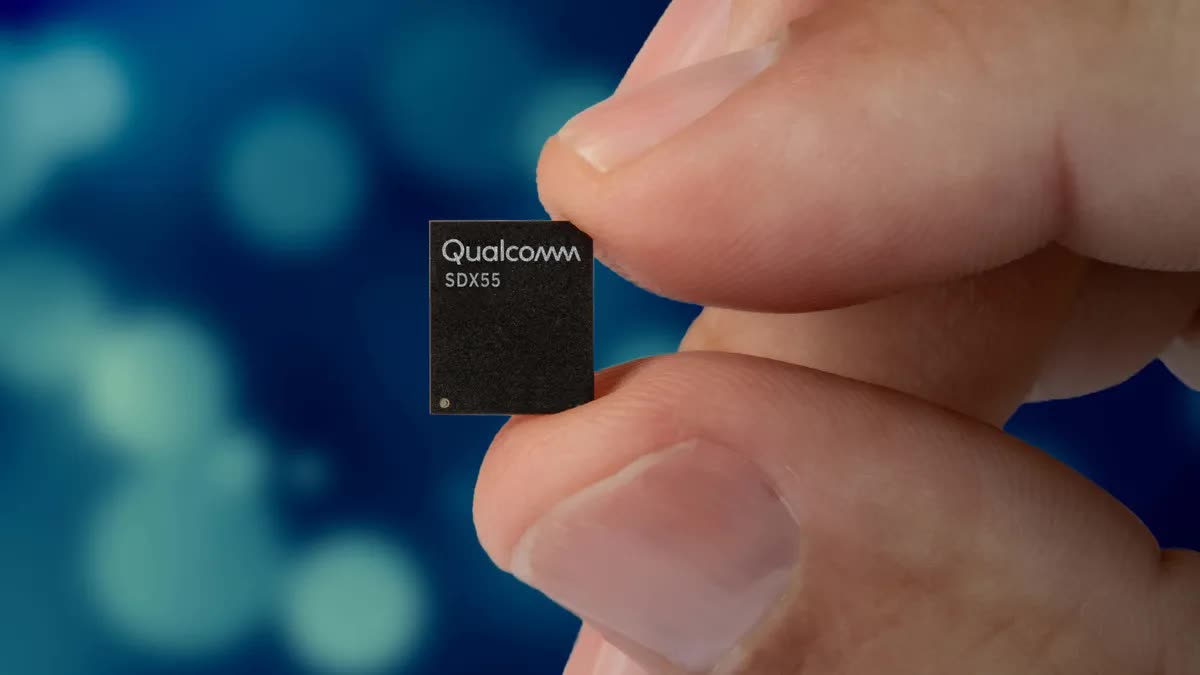Rumor mill: A few weeks ago, Ming-Chi Kuo, a well-known sell-side analyst, tweeted that his checks indicate Apple's effort to build their own cellular modem may have failed. In this column we want to walk through this -- the likelihood of it, the potential causes, and some of the implications.

Kuo is generally well-regarded. Based in Asia, he seems to have some very good insight into the supply chain. Like all analysts, his track record is far from 100% on predictive ability, but generally speaking he seems to get more right than wrong with matters that pertain to the supply chain (less so with Apple's software).
Editor's Note:
Guest author Jonathan Goldberg is the founder of D2D Advisory, a multi-functional consulting firm. Jonathan has developed growth strategies and alliances for companies in the mobile, networking, gaming, and software industries.
So is he right this time? We think it is too soon to tell. The phone in question is the 2023 iPhone, which is still 14 months away. Typically, supply decisions for the iPhone get locked down around 12 months in advance, so maybe there is some time for change.
On the other hand, the modem is an important part of the phone, more on that in a moment, so the rest of the iPhone team can probably only make a host of other decisions after the modem is fixed. So we are in the ballpark. In some future post, we will deconstruct sell-side data sourcing a bit, but for our purposes here, we would give at least even odds that Kuo is correct.
(1/4)
— 郭明錤 (Ming-Chi Kuo) (@mingchikuo) June 28, 2022
[Company Update] Qualcomm (QCOM.O)
My latest survey indicates that Apple's own iPhone 5G modem chip development may have failed, so Qualcomm will remain exclusive supplier for 5G chips of 2H23 new iPhones, with a 100% supply share (vs. company's previous estimate of 20%).
Apple's chip team, Apple Silicon, is an incredibly proficient organization. We regularly describe them as the best-run semiconductor company in the world. They have scored all kinds of impressive achievements like the M Series CPU and the industry-beating A Series application processor for phones. How could they fail at a modem? Put simply, modems are hard.
Modems, also called basebands, are the chip that connect a device to the cellular network. Without a modem an iPhone is just an iPod (which do not exist anymore). As we noted above, modems are usually the first design decision made when building a phone, everything else depends on that choice, they are the ultimate strategic high-ground in phones. But what do they do?
--- Enter over-simplification mode ---
Phones receive radio waves, the RF Chain translates those radio waves into 1's and 0's and send those to the modem. The modem then takes those signals and decodes them into meaningful input – a speaking voice, a streaming video, etc.
Crucially, the rules that govern that decoding are determined by the wireless standards – aka 4G, 5G. But what are those? They are some phenomenally complicated math that cover the vagaries of the realities of radio waves traveling long distances. They incorporate all sorts of scenarios around signal loss, interference and some very complex encoding schemes. In some ways, they are handling instructions for a long list of corner cases. Crucially, what they are not is a predictable stream of data or deterministic code waiting to be executed.
--- Exit over-simplification mode. Bonus points: only 3 acronyms. ---

To put it mildly, modems are very different from CPUs or GPUs, let alone task-specific AI ASICs. As such, developing them requires a very different skill set from designing those other chips. If you look at an uncapped CPU, there are clear patterns, like looking at industrial farm plots from 30,000 feet. Uncap a modem and it looks much less tidy, more akin to the plots of a village of Middle Age serf-bound farmers. (And for what it's worth, it is very hard to find a photo of these online, in part because they are so unappealing to look at.)
So it is very possible that Apple just did not have sufficient design experience to build the chip. If we had to guess, maybe they completed a design but found that its power performance did not meet expectations. It is important to remember that Apple has failed at building networking chips before. Ten years ago they acquired a Wi-Fi/Bluetooth team from Texas Instruments, but today Apple is still buying those chips from Broadcom.
Which leads us to Intel.Three years ago, Apple acquired the mobile team from Intel, around 1,000 people. Intel had acquired the team from Infineon, and for a brief moment supplied modems to Apple. Then 5G happened, Intel was not ready, and so Apple had to settle its $1 billion lawsuit with Qualcomm and buy parts from them. Apple valued the acquisition at $1 billion, and we know people at Intel who are giddy about that amount. Intel brought with it a workable 3G/4G modem, and the thinking was Apple Silicon would then go out and design the 5G portion. Now reality seems to have set in.
What happens next? If this rumor turns out to be accurate (by no means certain) this is obviously good news for Qualcomm. Last year, they warned that they expect their share of Apple modems would shrink to 20% from 100% in the 2023 model. At the time, this was held up as evidence that Apple's plans were set in stone. However, our conversations then indicated that this was just a smart move by Qualcomm's Investor Relations team, it meant they would not have to spend 25% of their question time for the ensuing years answering the same questions over and over again.

That being said, it is very possible that Apple's modem may just be late. When we wrote about it last we suggested that the 2023 deadline would not be achievable but 2024 or 2025 might. There is no reason (yet) to think that Apple has entirely abandoned the project.
There are still 114 jobs on the Apple jobs site that mention modems. This is down a lot from last year, but does not sound like a company radically altering course. Again, Apple Silicon is very well run, and we strongly suspect that they have a lot of hopes pinned on their own modem. True, they may be able to convince Qualcomm to supply those features, but Apple does not have a lot of leverage at the moment.
Ultimately, we are not entirely surprised by this news. Building a modem is very difficult, as evidenced by the very long list of companies who have tried and failed to build one. In the broader sense, there is a growing perception that Apple Silicon may have lost its magic. Dylan Martin of The Register, for one, has done some great coverage on high level departures from the team. We tend to think that Apple Silicon is doing just fine, but the modem shows that they are, after all, still mortal.
https://www.techspot.com/news/95648-apple-failing-modems.html